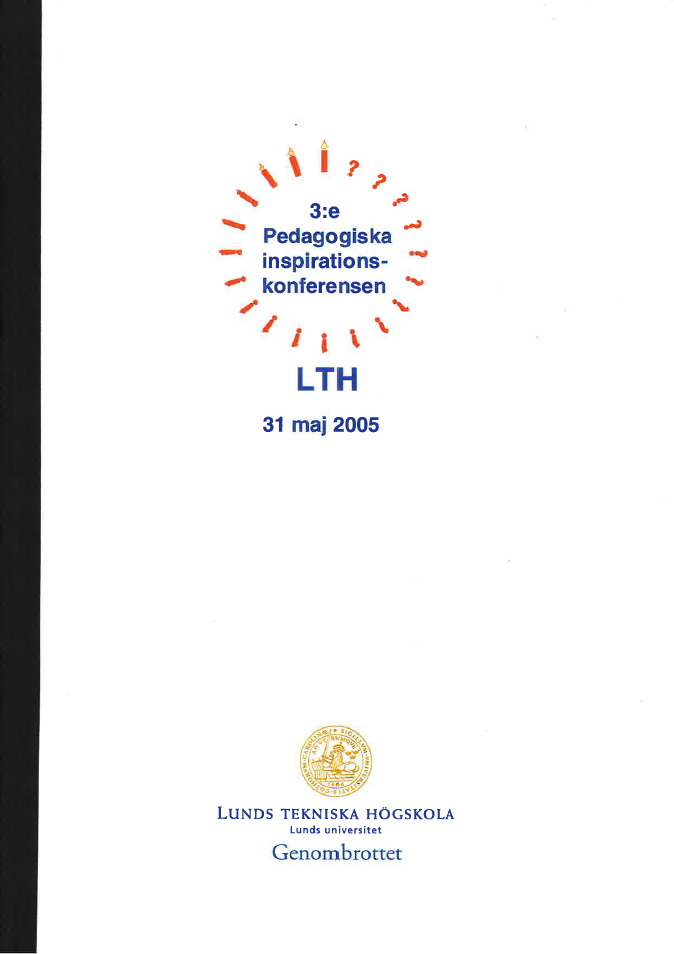Counterworking Male Takeover during Class Room Activities in Superior Technical Education
Keywords:
student activation, gender, feminismAbstract
An increase in student activity is the goal of various pedagogic approaches and highly valued in most teaching situations. The benefits of student activation are widely discussed in literature, but possible drawbacks of such techniques need to be identified and compensations need to be found.
This paper discusses a case study concerning one particular course moment, a seminar, held over a two-year period in a program with a strong underrepresentation of female students. The study shows how changes in the pedagogic approach can lead to an increased student activity, although accompanied by a total male takeover of the class room activity. It seems like traditional social structures tend to take over the class room activities, determining the roles that different gender groups may play. At the same time, seminars are an important factor in the socialization of students, affecting the following cultural and structural development in the academia. “Hence, besides the content of the course, students attending seminars learn social structures as well, determining who may or may not speak”. The tools presented in this paper are applicable in any LTH classroom and also in future work places.
To counterwork male takeover, without suppressing the overall student activity, is the topic of this paper. Different pedagogic measures are analyzed in this context and discussed in the paper.


